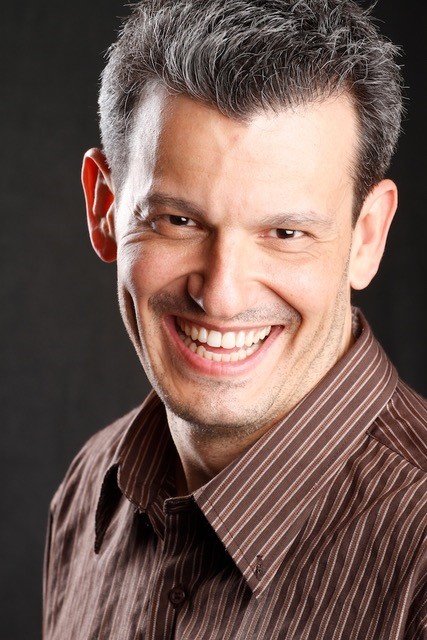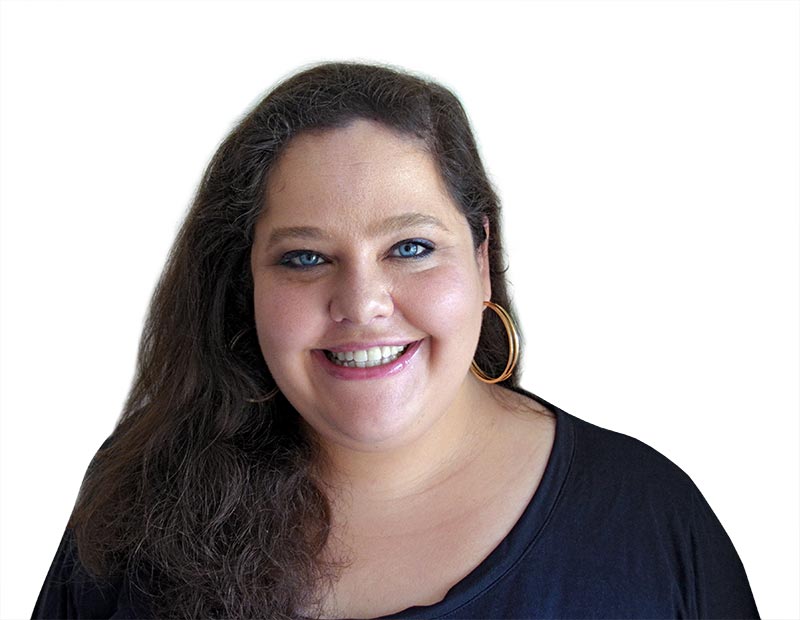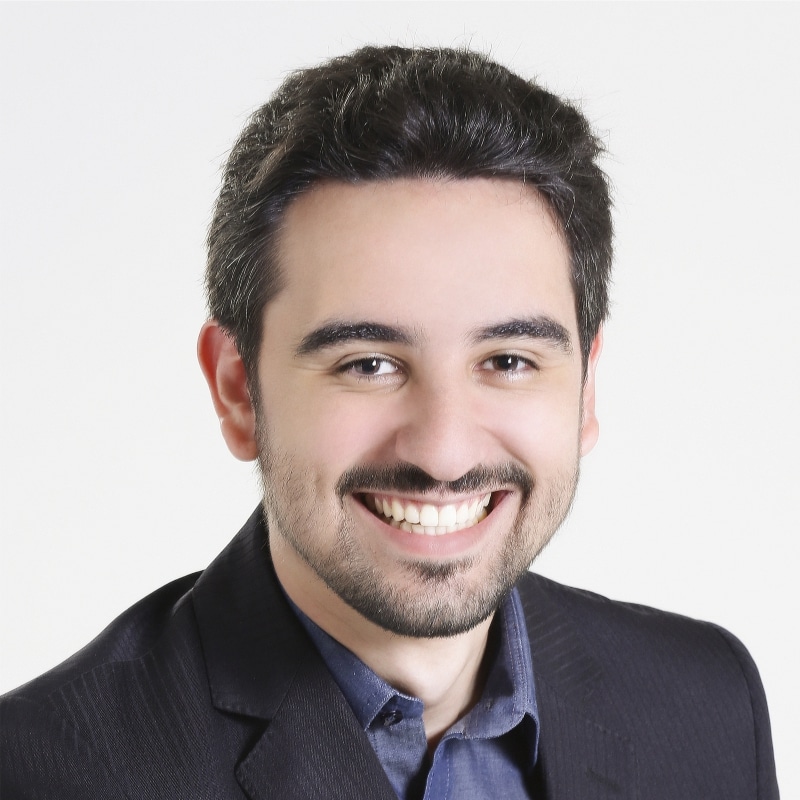The School of the 21st Century
Just like many readers of this blog, I was born and raised in the pre Google era. Actually, I am not sure there really is such a historical division, but I truly recommend one for those studying history. The world has dramatically changed after Google, and these changes have affected a lot of areas, including education.
Back in the days before Google, for example, we would need an expensive encyclopedia (a set of 20, or more, large, thick volumes) to do our school researches and homework. So, yes, in an era like the one I was born and raised, it made a lot of sense for us to attend to classes where teachers and books were the main, or only, sources of information. Teachers were presenters who could tell us a lot of things that we would not get to know otherwise.
Not anymore. Nowadays, thanks to Google and the enormous amount of content that’s available on the Internet, students can find whatever piece of information they need on the Internet in less than one minute. So, it’s much more important for students to be able to find, understand and filter information than to spit knowledge in meaningless tests to prove the system that they have learned something. That’s probably why some students don’t seem to have patience anymore to be sat being exposed to simple content presentation and practice, while they could be exploring, investigating, discussing and presenting something themselves.
There are lots of other changes, physical and conceptual, that we can implement in schools in order to effectively bring them to the 21st century, but I’m sure there’s enough just by focusing on the fact that, different from the pre Goggle era, today there are lots of easily accessible sources on nearly any topics you might want to know about. The way I see it, this means that the teacher as a presenter has no place at all in the school of the 21st century. At least, not if we really want to embrace an educational revolution.
It should be clear by now that it makes no sense at all for us to keep teaching 21st century kids the same way we were taught. The world is quite different, and the role of school as we know it should also be adapted to this new world. Even the school format has yet a lot to change. But, ok, we know that’s not a simple task. It’s actually a real educational revolution we have to carry out. And, in order not to make too many mistakes by simply following wrong assumptions, first of all we need to ask ourselves two crucial questions: What to do? and How to start? There are a lot of possible answers to these two important questions if you want to join the educational revolution. My plan is to focus on my favorite concept, regardless of the subject you teach: The Flipped Classroom. But I’ll do that on my next post, on the 6th of July, or else this first post would become too big and would scare away most readers. See you next month!






